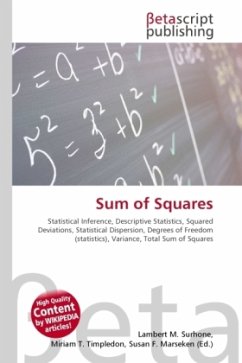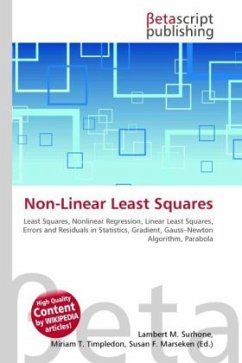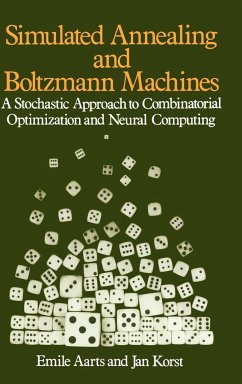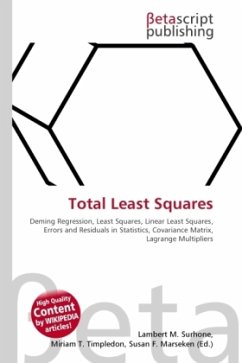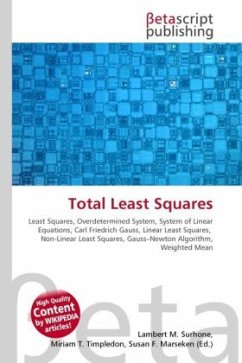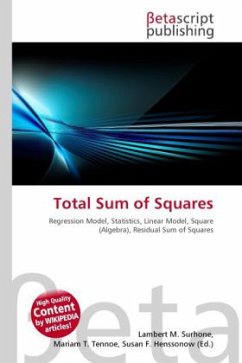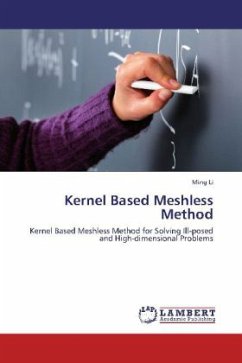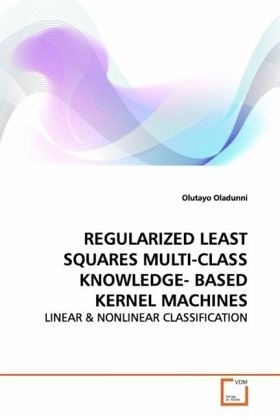
REGULARIZED LEAST SQUARES MULTI-CLASS KNOWLEDGE- BASED KERNEL MACHINES
LINEAR
Versandkostenfrei!
Versandfertig in 6-10 Tagen
39,99 €
inkl. MwSt.

PAYBACK Punkte
20 °P sammeln!
This book presents how a two-class discrimination model with or without prior knowledge can be extended to the case of multi-categorical discrimination with or without prior knowledge. The prior knowledge of interest is in the form of multiple polyhedral sets belonging to one or more categories, classes, or labels, and it is introduced as additional constraints into a classification model formulation. The solution of the knowledge-based support vector machine (KBSVM) model for two-class discrimination is characterized by a linear programming (LP) problem, and this is due to the specific norm (...
This book presents how a two-class discrimination
model with or without prior knowledge can be
extended to the case of multi-categorical
discrimination with or without prior knowledge. The
prior knowledge of interest is in the form of
multiple polyhedral sets belonging to one or more
categories, classes, or labels, and it is introduced
as additional constraints into a classification
model formulation. The solution of the knowledge-
based support vector machine (KBSVM) model for two-
class discrimination is characterized by a linear
programming (LP) problem, and this is due to the
specific norm (L1 or L ) that is used to compute the
distance between the two classes. The proposed
solutions to a classification problem is expressed
as a single unconstrained optimization problem with
(or without) prior knowledge via a regularized least
squares cost function in order to obtain a linear
system of equations in input space and/or dual space
induced by a kernel function that can be solved
using matrix methods or iterative methods.
model with or without prior knowledge can be
extended to the case of multi-categorical
discrimination with or without prior knowledge. The
prior knowledge of interest is in the form of
multiple polyhedral sets belonging to one or more
categories, classes, or labels, and it is introduced
as additional constraints into a classification
model formulation. The solution of the knowledge-
based support vector machine (KBSVM) model for two-
class discrimination is characterized by a linear
programming (LP) problem, and this is due to the
specific norm (L1 or L ) that is used to compute the
distance between the two classes. The proposed
solutions to a classification problem is expressed
as a single unconstrained optimization problem with
(or without) prior knowledge via a regularized least
squares cost function in order to obtain a linear
system of equations in input space and/or dual space
induced by a kernel function that can be solved
using matrix methods or iterative methods.




